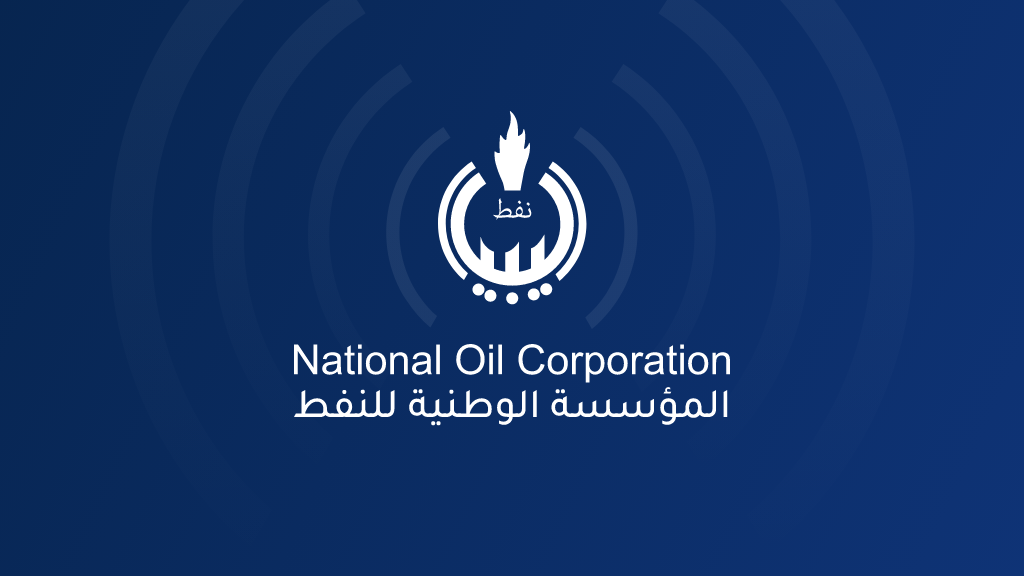News
Categories
Partners
National Oil Corporation Statement
National Oil Corporation Statement
The National Oil Corporation (NOC) has taken note of the press report published by the ‘Financial Times’ a few days ago and subsequently circulated by several Arab and local media outlets. The NOC has identified a number of inaccuracies that must be clarified in detail to dispel the misinformation and debate surrounding the “offset” mechanism it employs for supplying fuel to Libya—erroneously referred to in the report as an “swap.” or “barter” system, terms that are entirely unrelated to the actual technical and linguistic reality of this mechanism.
1. The report inappropriately linked the offset mechanism—which the NOC has been ‘compelled’ to use—to a lengthy investigative piece on corruption and fuel smuggling in Libya, indirectly suggesting that this mechanism is a primary cause of such illicit activities. However, fuel smuggling and its complex, entrenched networks did not emerge with the introduction of the offset system. Whether fuel is supplied through this mechanism or another means makes no difference to smuggling gangs. Therefore, the report’s claims bear no relation to the truth.
2. The offset mechanism for settling payments on fuel supplies—used to meet domestic consumption and power station needs—was not the NOC’s preferred choice. Rather, it was a last resort approved by the Council of Ministers in 2021 to ensure fuel delivery and alleviate the severe crises faced by the country, including fuel shortages for citizens and power plants. This decision was made due to the lack of a dedicated budget to cover fuel import costs. Libyans will recall the prolonged electricity outages and fuel shortages that plagued the country during that period.
3. The offset mechanism is a financial settlement process between the NOC and companies importing Libyan crude oil that are capable of supplying refined fuels (gasoline and diesel). The supplying company deducts the cost of the fuel from the total value of the crude oil imported from Libya. This process is conducted through banks under the oversight of the Audit Bureau and an independent international accounting firm, with full transparency. Both parties’ rights are fully protected, and there is no room for manipulation or breaches.
4. Both the current and previous NOC administrations have repeatedly urged relevant authorities to allocate a dedicated budget for fuel supplies and phase out the offset mechanism. However, as of this statement, the Central Bank of Libya has yet to provide the necessary funding—despite the NOC’s actual suspension of the offset mechanism following directives from the Attorney General. Notably, a committee was formed in 2023 (comprising the Ministry of Finance, Audit Bureau, Central Bank of Libya, and NOC) to find an alternative, but no progress has been made. The Attorney General recently reiterated the call for these entities to establish a new payment method, yet no solution has been reached.
5. The ‘Financial Times’ report was clearly crafted to tarnish the reputation of this longstanding institution, which remains a steadfast guardian of Libya’s wealth, defending it against all conspiracies to exploit it in any form. The NOC’s doors have always been open to journalists and media institutions—provided they adhere to legal and professional standards in gathering information. However, this newspaper did not seek clarification from the NOC, as journalistic ethics would require, especially for an investigative report of this nature. Instead, it appears to have relied on secondary sources that were evidently misinformed—unable even to distinguish between “swap” “offset,” or “barter.”
6. The report blatantly conflated the fuel supply offset mechanism with smuggling operations, recklessly dragging the NOC and its former management into unfounded allegations of complicity. This appears to be a crude attempt to sensationalize the report and amplify its perceived significance, despite offering no evidence beyond a carefully stitched narrative.
The National Oil Corporation has maintained—and will continue to uphold—its esteemed reputation and the trust it holds among the Libyan people. It remains the guardian of Libya’s wealth and an impregnable fortress protecting its resources for generations to come. The NOC assures all Libyans that every measure it takes is strictly in compliance with applicable laws and under the supervision of relevant oversight bodies. The baseless rumors being circulated are nothing but desperate attempts to drag Libya backward and undermine the NOC’s plans and strategies to revitalize the oil sector and boost production—threatening the interests of many, both domestically and abroad.
May Allah protect Libya
Issued in Tripoli
March 2025
